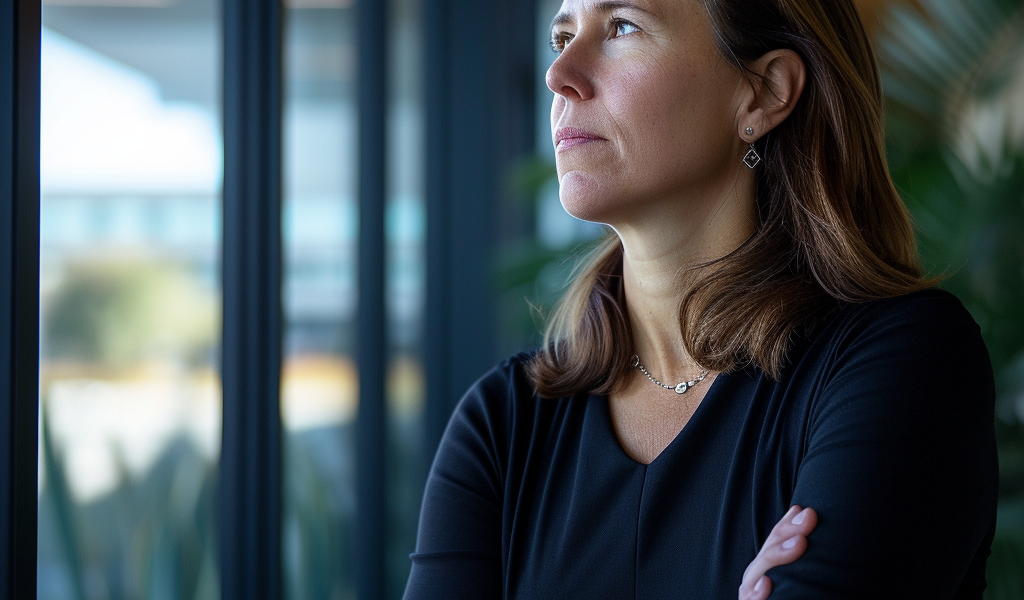23andMe Holding Co. Chief Executive Officer Anne Wojcicki is considering splitting the DNA testing company’s consumer and therapeutics businesses in an effort to revive a sagging stock price and avoid being delisted.
“We’re exploring different opportunities,” she said in an interview this week from the company’s headquarters in Sunnyvale, California. 23andMe’s shares have traded below the $1 Nasdaq minimum since late last year, and the clock is ticking to regain compliance.
When 23andMe agreed to go public in 2021 via a merger with a special purpose acquisition company founded by Richard Branson, it was valued at $3.5 billion and riding high on the promise that cheap DNA testing would usher in a personalized medicine revolution. In just a few years, the stock has lost more than 90% of its value.
Part of the challenge is running a company with such varied businesses — 23andMe is consumer tech, biotech and health care all rolled into one. The consumer business accounts for the vast majority of revenue, while drug development eats up cash and could take years before it turns a profit.
“When we decided to do drug discovery, it was a commitment to saying we are going to be burning cash,” said Wojcicki.
In an earnings report released on Wednesday, 23andMe reported cash on hand of $242 million in the quarter ended Dec. 31, down from $256 million the previous period. The company trimmed its revenue outlook for its full fiscal year, which ends March 31, while projecting a wider loss by the measure known as Ebitda, which excludes items such as interest and taxes.
The drug-discovery business may be an attractive asset for bigger companies with deeper pockets. Its DNA database of more than 14 million customers is one of the biggest in the world. By mining that data, it has identified dozens of potential drug targets. Two of them are currently in clinical trials and a third was approved last week to begin clinical trials. But developing drugs this way takes many years and lots of money.
In recent years, 23andMe has pivoted to offering subscription products in hopes of creating repeat customers for its consumer business, first with 23andMe+, which offers more genetic health reports, and then with Total Health, a DNA-sequencing program that includes regular check-ins with the company’s medical profession





